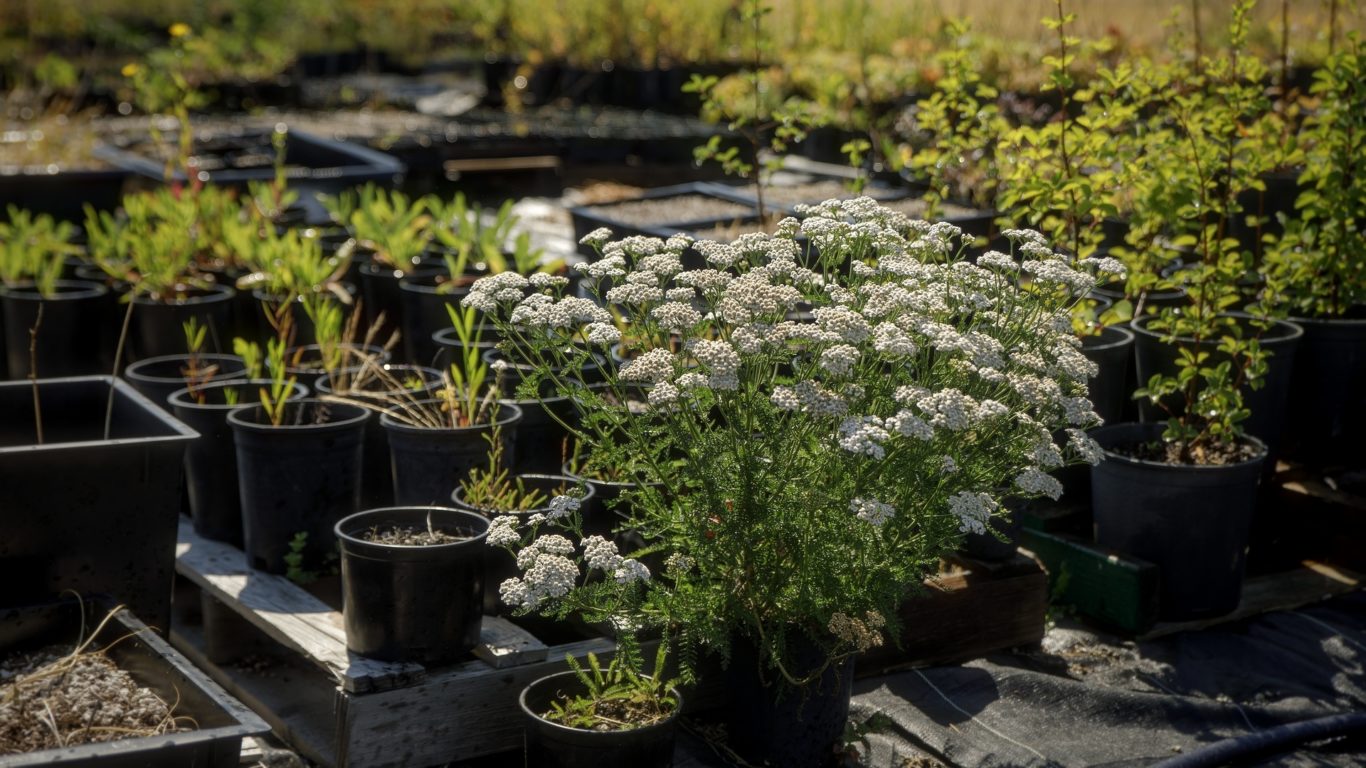Part two: Decolonizing food systems with Indigenous practices and First Foods
Part two: Decolonizing food systems with Indigenous practices and First Foods
This is part two of our three-part series on decolonization and food justice, where we explore what decolonization is, how Indigenous leaders are decolonizing food systems, and how Oregon Food Bank’s work toward food justice is inseparable from the decolonization movement. Read part one and part three here.
What does decolonization have to do with food justice?
The legacy of colonialism and forced assimilation has disrupted traditional Indigenous food systems, making it harder for Indigenous communities to access culturally important foods. Indigenous communities experience disproportionate rates of hunger and poverty as a direct result of colonization. And the abuse and theft of sacred lands, waters and air create health challenges and environmental threats. The work to end hunger and its root causes is interconnected with Native people’s fight for sovereignty and healing the Earth.
In August 2024, the USDA admitted to “mistakes” in a food distribution program on Native reservations, which led to delayed and missing deliveries. This mistake left 770,000 people facing empty shelves without enough to eat. Reservations will not be reimbursed for the emergency expenses incurred as a result. The history of the federal government failing and disrupting Indigenous people in our country persists into our present reality. Oregon Food Bank worked closely with regional food banks to bridge the gap in food distribution to reservations during this time. Still, this demonstrates how important Indigenous sovereignty is to ending hunger.
When we work toward food justice — rooted in the belief that food is a human right — we work toward a future where we all have food that is unrestricted, culturally-relevant, nourishing, dignified and fear-free. Food justice means we have power over our own food — from the fields to the production to the distribution to our plates. To work toward food justice means to dismantle the underlying structures that create food apartheid, limited food access and disparities in nourishment. It means we decolonize food systems through preserving traditional food systems, supporting Indigenous land stewardship and recognizing Indigenous cultural practices. And it means we support sustainable, locally sourced and ethically produced food that benefits both people and the planet.
“By stealing and exterminating traditional food sources, the colonizer has killed and controlled Native people. Government-sanctioned bison slaughter throughout the 19th century forced the Plains Native nations onto reservations in order to further open the West for gold mining and the cattle industry. It’s estimated that there were 8 million bison across much of Turtle Island, but by the end of the 19th century, only 300 wild bison remained. When Army Col. Richard Dodge said, ‘Every buffalo dead is an Indian gone,’ it was more than a threat; it was a tactic of a genocide that never ended.
Indigenous people around the world see a connection among the food, the natural environment, and one another, regardless of where we call home and what that home looks like. Knowing this helps me find hope in a world that rarely serves it to me.” — Jen Deerinwater, Founding Executive Director of Crushing Colonialism, writing for Eater Magazine
Farming is Medicine
“Farming is Medicine” is a model created by Indigenous leaders. It is committed to restoring health, cultural knowledge and food sovereignty in Indigenous communities. Food is medicine and a source of holistic healing (physical, mental and spiritual). Farmers are stewards of public health. Land is returned to Indigenous communities and we return to Indigenous ways of stewarding land, water, seeds and food. And food and basic nutrition are human rights — available to all.
Farming is Medicine centers Indigenous leadership and traditional ecological knowledge. When Indigenous communities can reclaim control over their food production, health and resources, there is greater environmental sustainability, biodiversity and health outcomes. This means all communities experiencing hunger — especially communities of color — are better off.
To continue this three-part series, visit the series homepage at the link here or:
Learn more and take action:
Decolonization resources and organizations:
Subscribe to the Oregon Food Bank Equity and Racial Justice Education Team Newsletter to sign up for our upcoming trainings
Land Back Festival celebrates Indigenous culture, art, cuisine in Portland
What is colonialism — from history to today
What Is Colonialism? A History of Violence, Control and Exploitation (Teen Vogue)
What is decolonization, why is it important, and how can we practice it? (Community-Based Global Learning Collective)
Decolonization Is For Everyone — Nikki Sanchez (Tedx)
Indigenous sovereignty and collective liberation
Black and Native Futures: Liberation and Sovereignty with Nikkita Oliver (All My Relations)
Just Transition (Indigenous Environmental Network)
What Is the Land Back Movement (Teen Vogue)
Black Liberation and Indigenous Sovereignty: Connecting Past, Present and Future (Oregon Food Bank)
Decolonizing food
